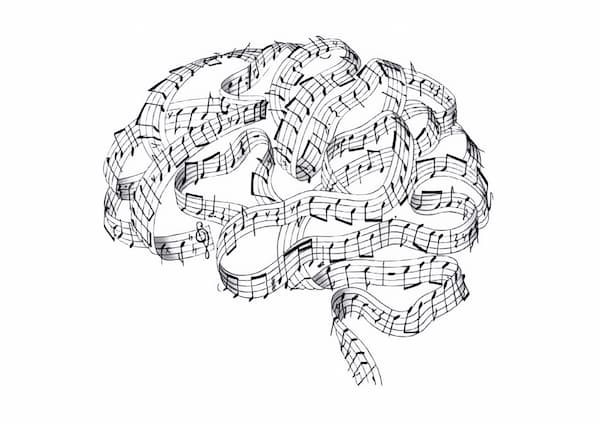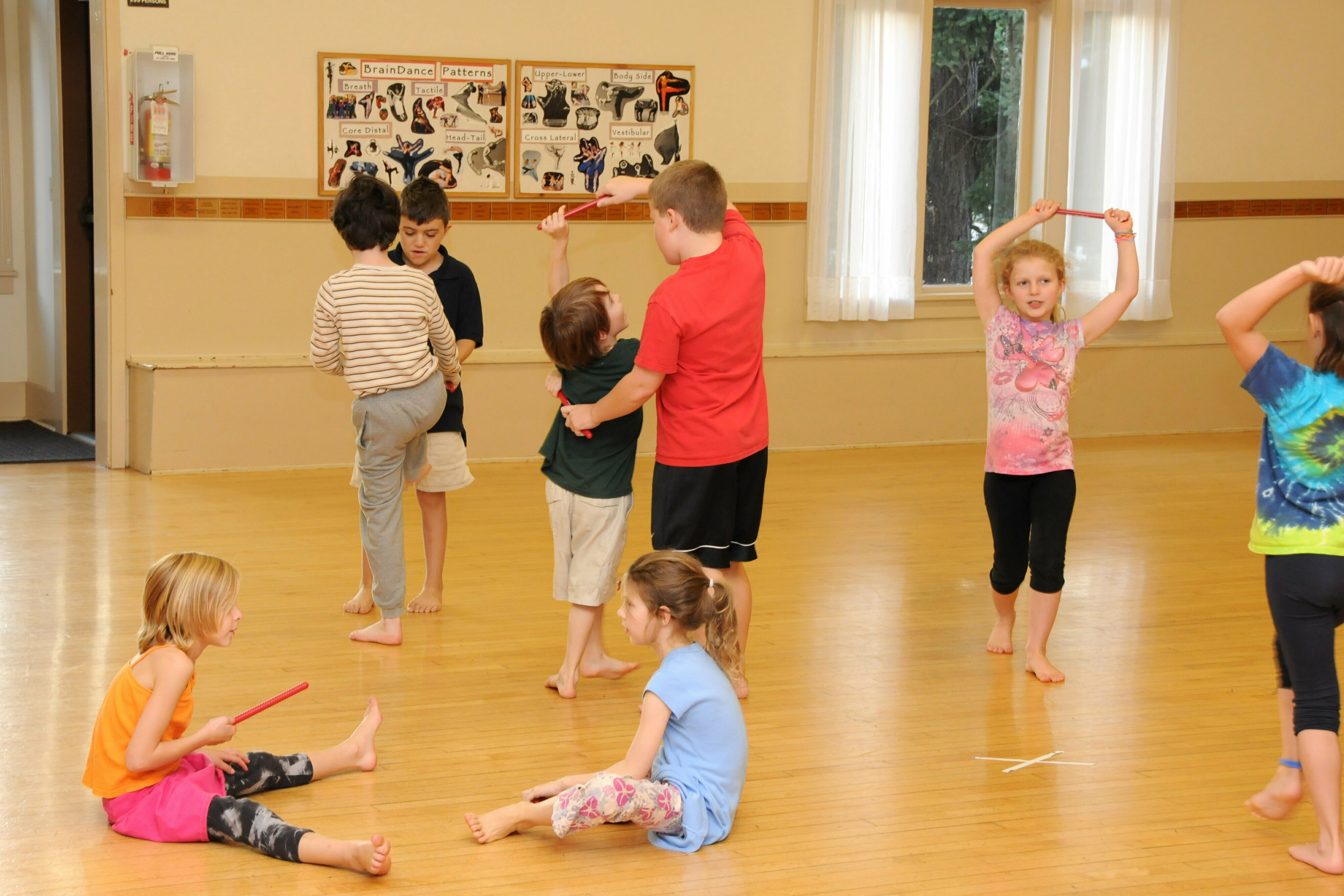Music has long been recognized as a powerful tool for emotional expression and human connection. However, beyond its artistic value, music also has profound effects on mental health, reducing stress, alleviating anxiety, and even aiding in physical healing. From ancient
Sciences
Stage fright – that unsettling mix of nervous energy, self-doubt, and racing heartbeats – is a common experience among musicians, who are still finding their confidence. Whether it’s an open mic night, a local recital, or just playing for friends,
Music is not just about technical skill; it’s about focus, confidence, emotional resilience, and the ability to perform under pressure. While hours of physical practice are essential, elite musicians worldwide are turning to mental training to enhance their abilities, just
My first word was actually a command. Picture rather an insubstantial baby – consisting mostly of a tuft of white-blonde hair – strapped into the back seat of a car. My dad was driving our family somewhere and had chosen
The therapeutic qualities of music are well known and this new release from award-winning British composer, sound artist and pianist Helen Anahita Wilson is intended to help people who are undergoing cancer treatment. “Every single sound that you hear comes
Music and dance are far from idle pastimes. They are universal forms of expression and deeply rewarding activities that fulfil diverse social functions. Both feature in all the world’s cultures and throughout history. A common feature of music and dance
The St. Thomas Choir is an internationally renowned boys choir from Leipzig in Germany. Singing in the choir is a selfless pursuit requiring artistry and discipline. Or is it? New research suggests all it takes to elicit surreptitious attention-seeking vocal
When playing in an ensemble, are you in a world of your own or do you create strong perceptive links with your fellow players? It is this world of the imperceptible that Professor Peter Keller of the Western Sydney University








